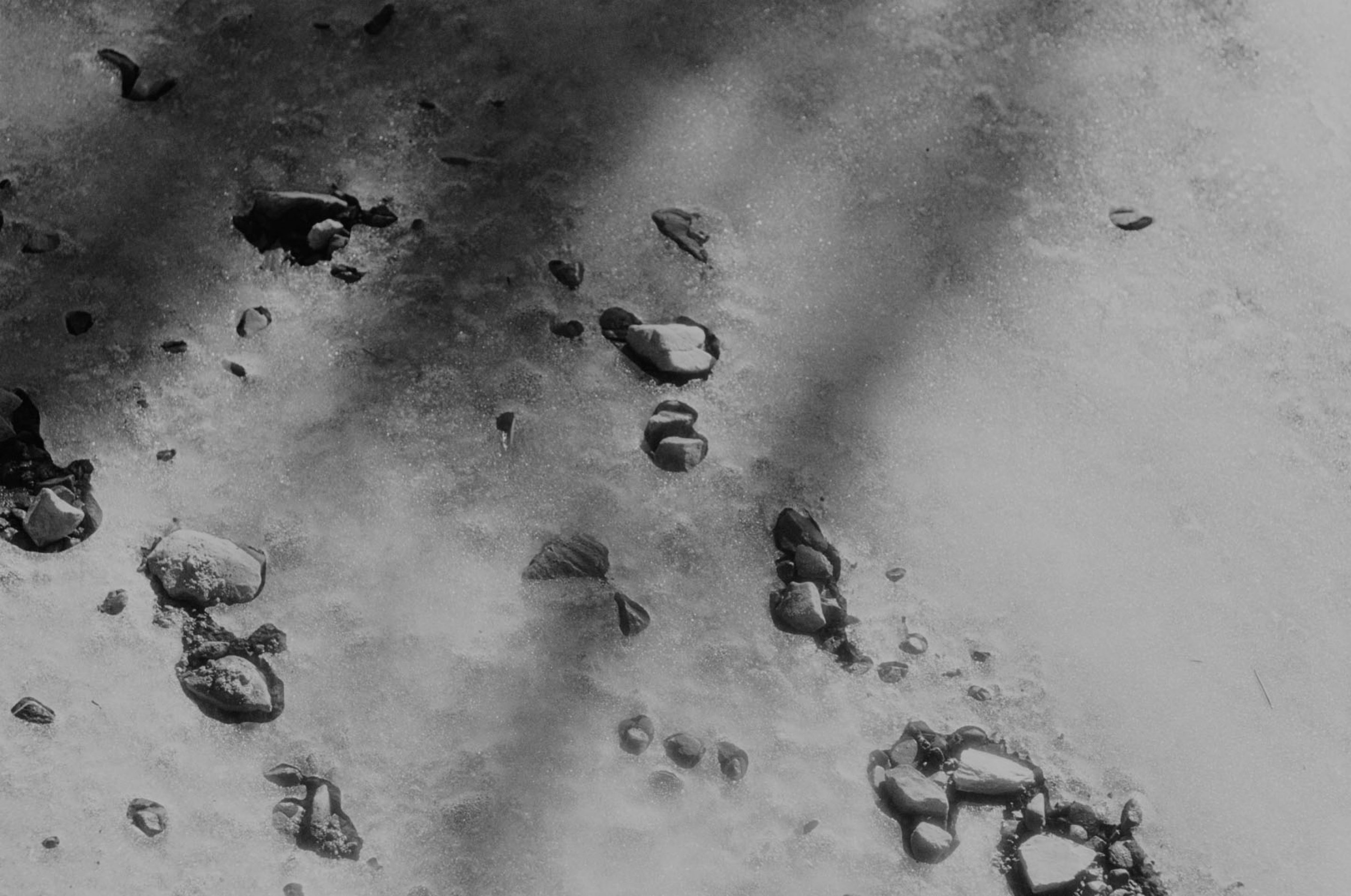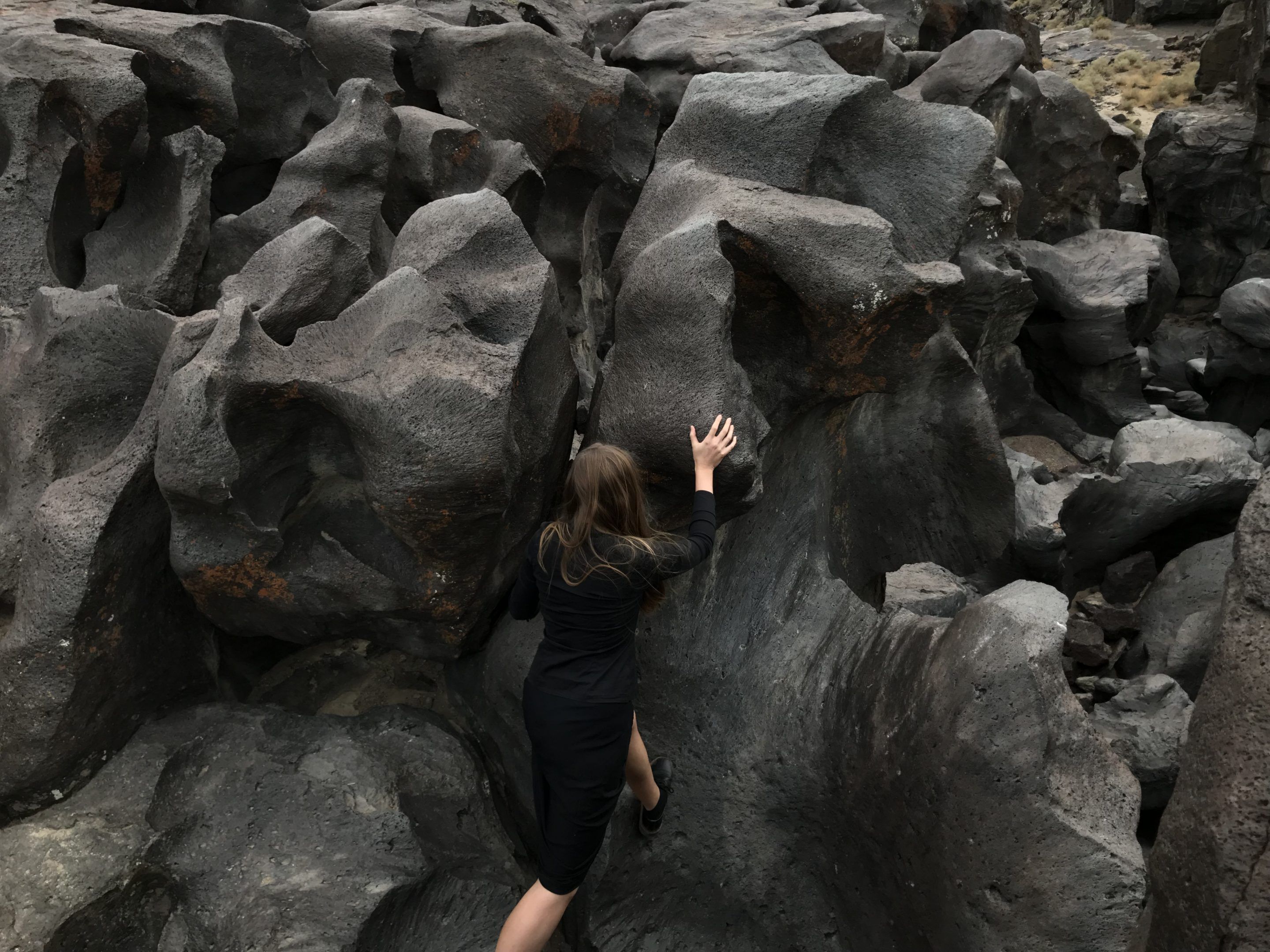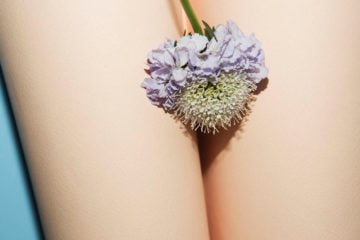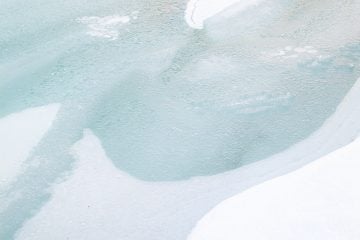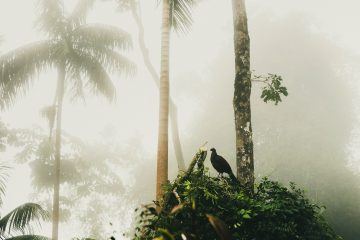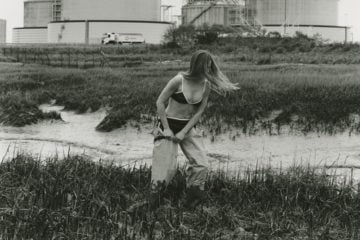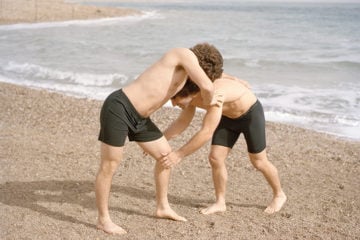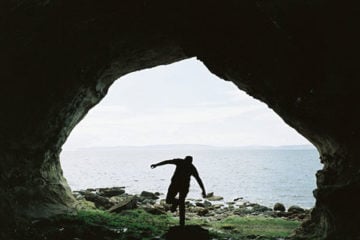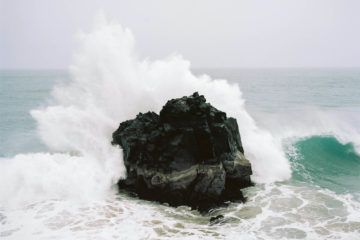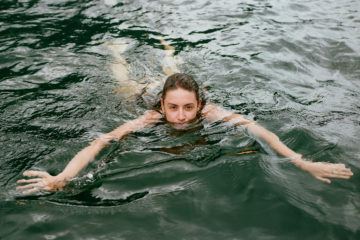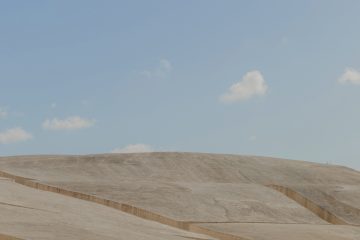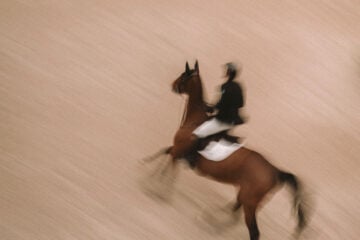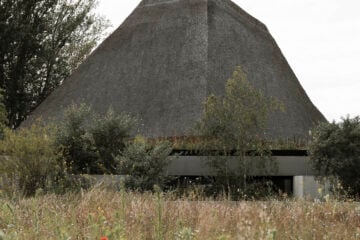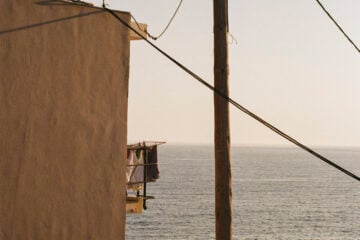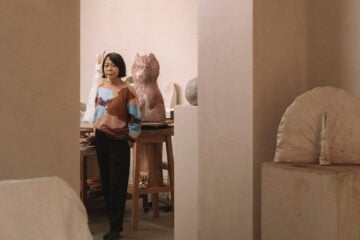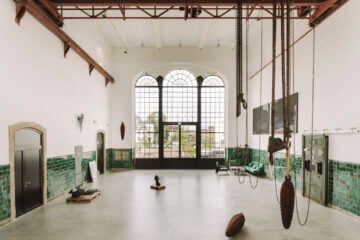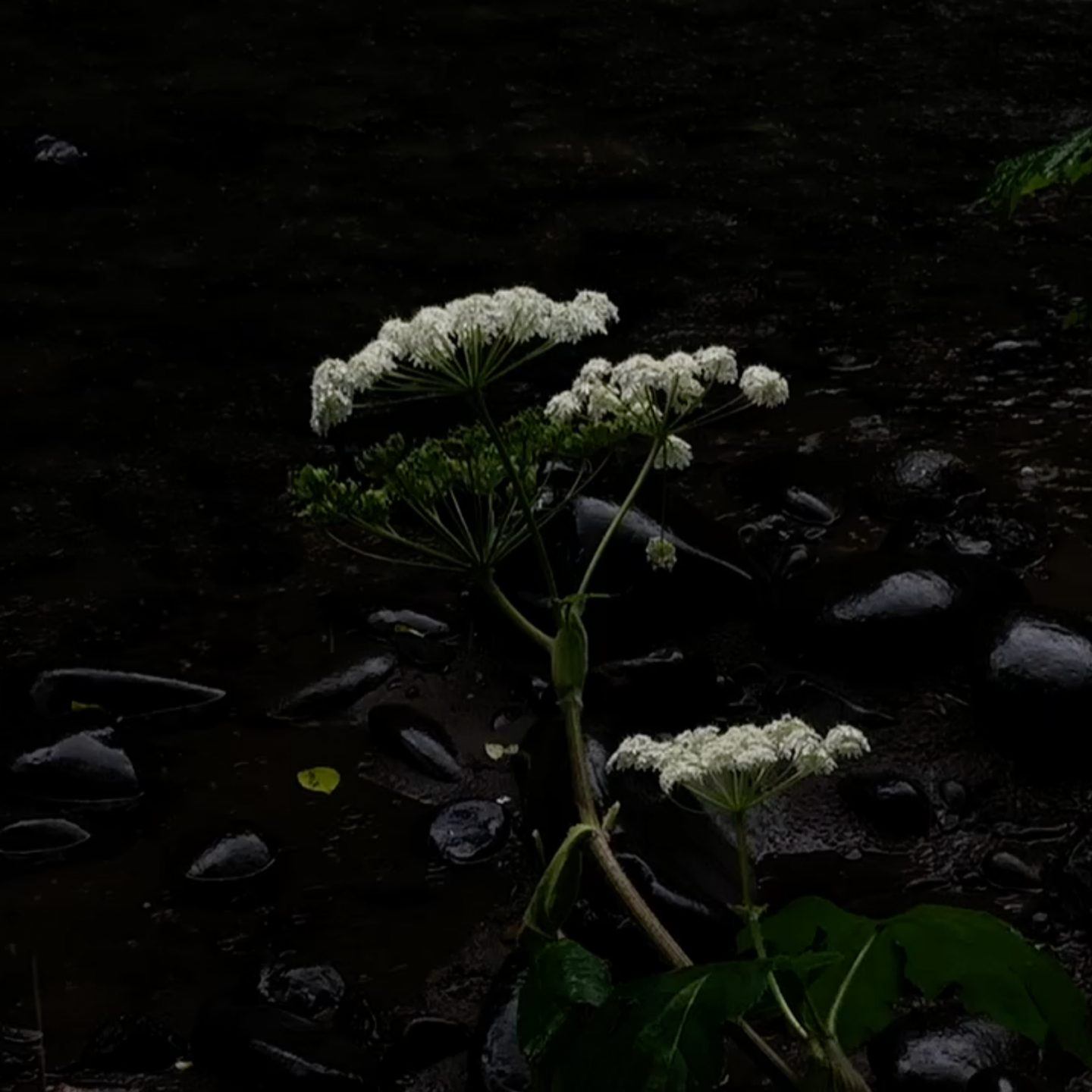
Cheyna Carr’s Landscape Photography Uncovers The Beauty Of Dark Places
- Name
- Cheyna Carr
- Words
- Rosie Flanagan
Cheyna Carr is enigmatic; you’ll find no biography of the Los Angeles-based photographer online, and her website—at the time of writing—remains under construction. When asked for an introduction to herself and her work, she says directly: “I’m Cheyna, and my work is the result of using the medium to better understand myself.”
This mystery is deliberate; but not for the reasons one might expect. Carr explains that despite her huge following on Instagram, “I simply haven’t been asked much about my work, nor have I put much effort into speaking on my work publicly. I do have difficulties talking about my work because it stems from dark places that I haven’t fully grasped”. Carr’s work is melancholic but serene; her photographs capture nature at its most sublime: running water and rock faces, mountain ranges and deserts, the quiet depths of forest glades and the soft warmth of soil in sunlight. Her use of organic tones and the general lack of human intervention within her images gives them a grounding quality.
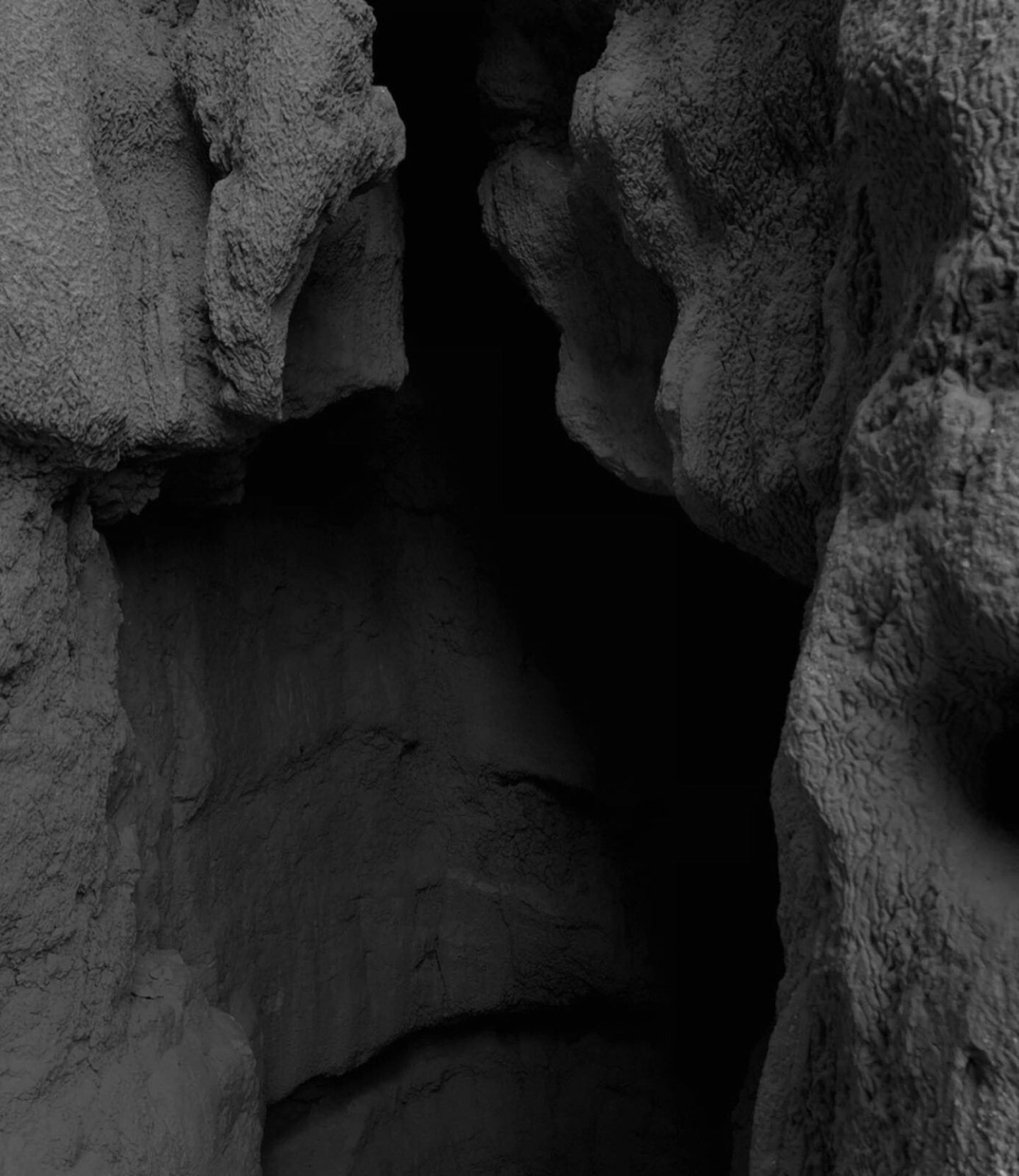
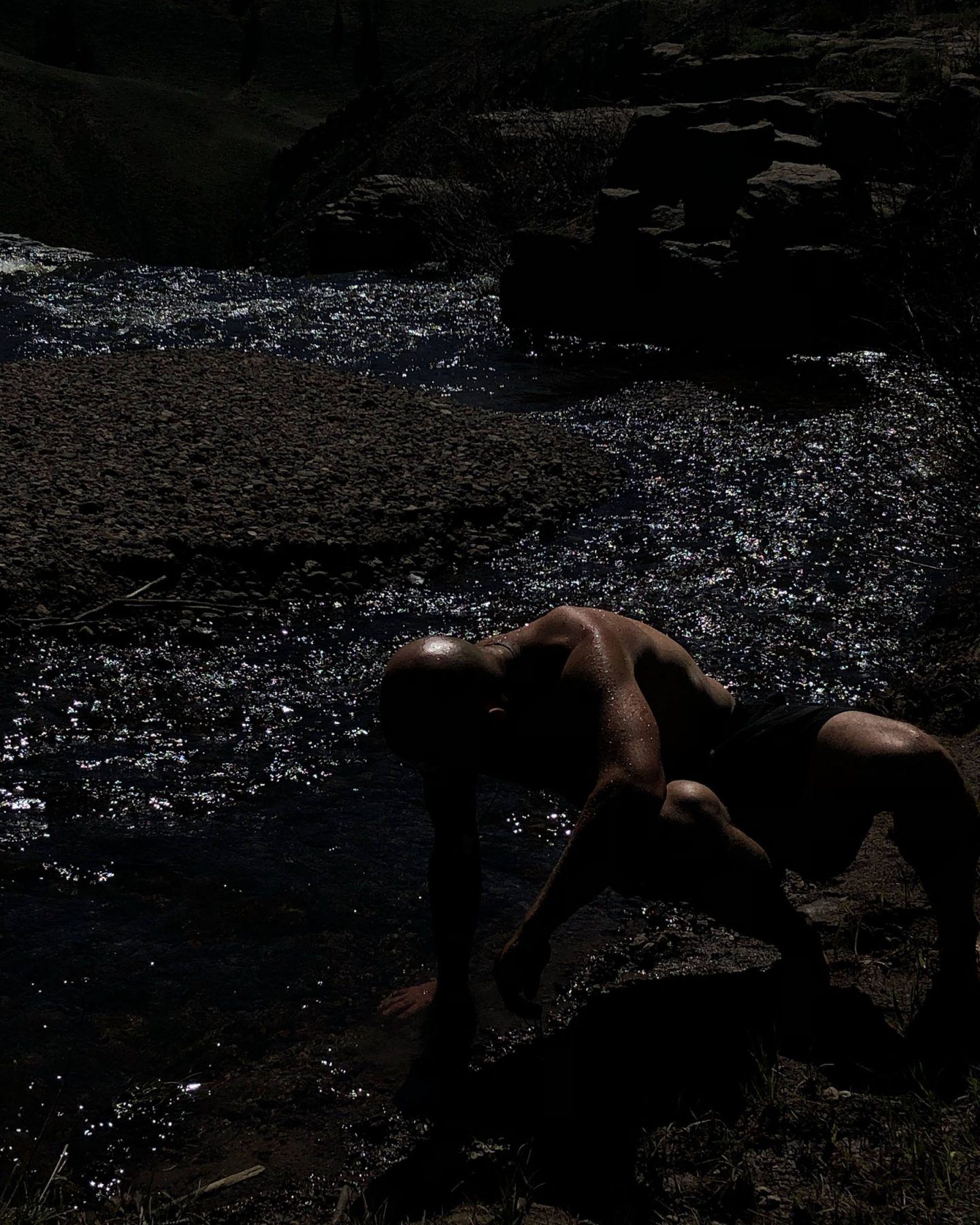
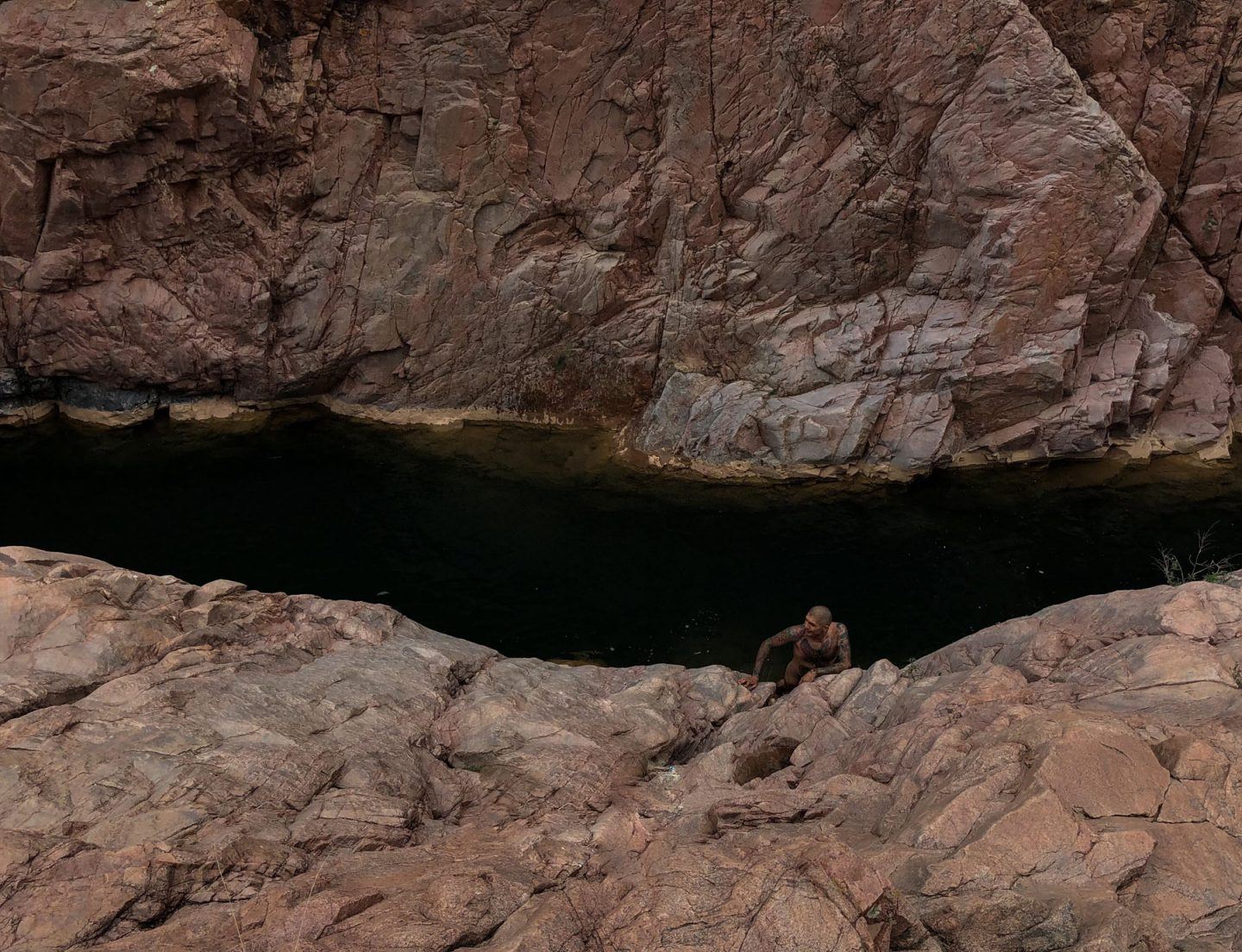
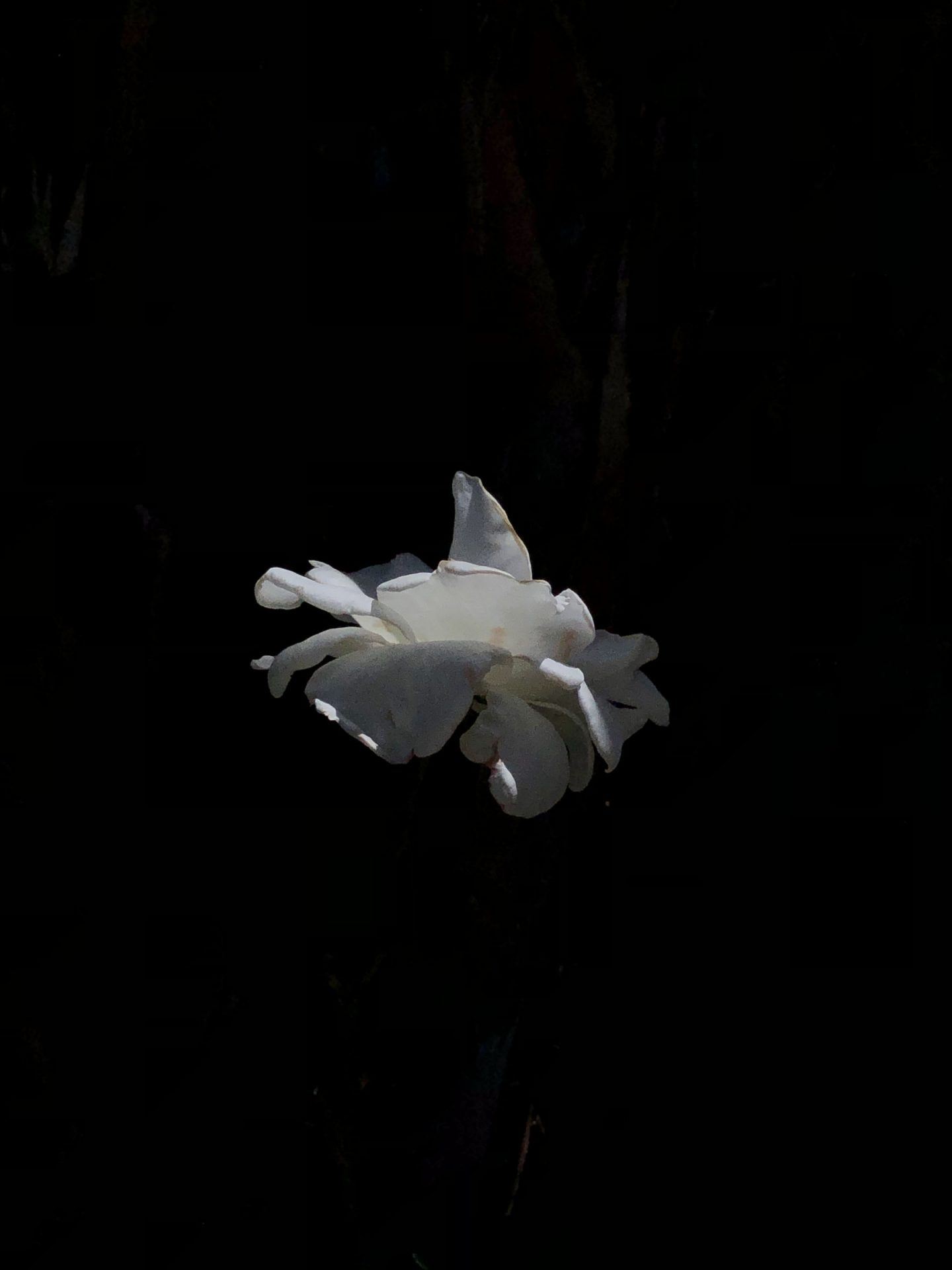
Interestingly, unlike many landscape photographers, Carr never geotags the places she captures on Instagram: “When I used to geotag, I would receive endless questions on how to get to these places, but my personal focus wasn’t on where I was visiting—it was how I felt in those spaces,” she tells us. “I stopped sharing that information and the questions slowed down and more intentional conversations started happening. I didn’t assume that would happen, but I’m glad it did.”
“I never studied photography and just purchased a camera when I could, and hopped in my car every moment I could. I was guided through inspiration from other areas of my life.”
Whilst the landscape has played muse to artists throughout the ages, there is something unique about Carr’s work. When asked if there is a school of photographers that she feels her work aligns with, she replies: “The path I experienced was very isolating and detached from people so I have to admit, I hardly paid a lot of attention to others’ [work] for a while. I never studied photography and just purchased a camera when I could, and hopped in my car every moment I could. I was guided through inspiration from other areas of my life.”
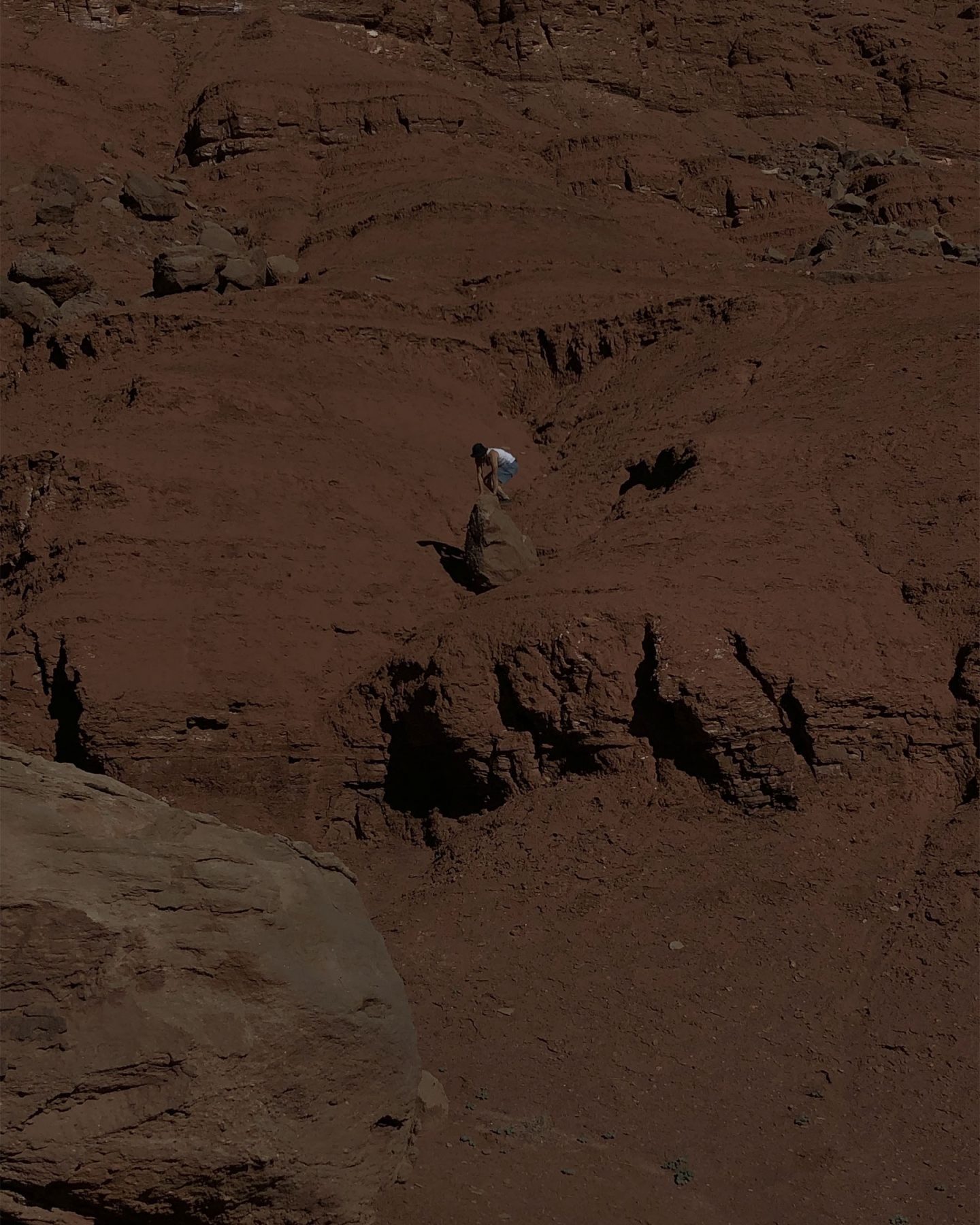
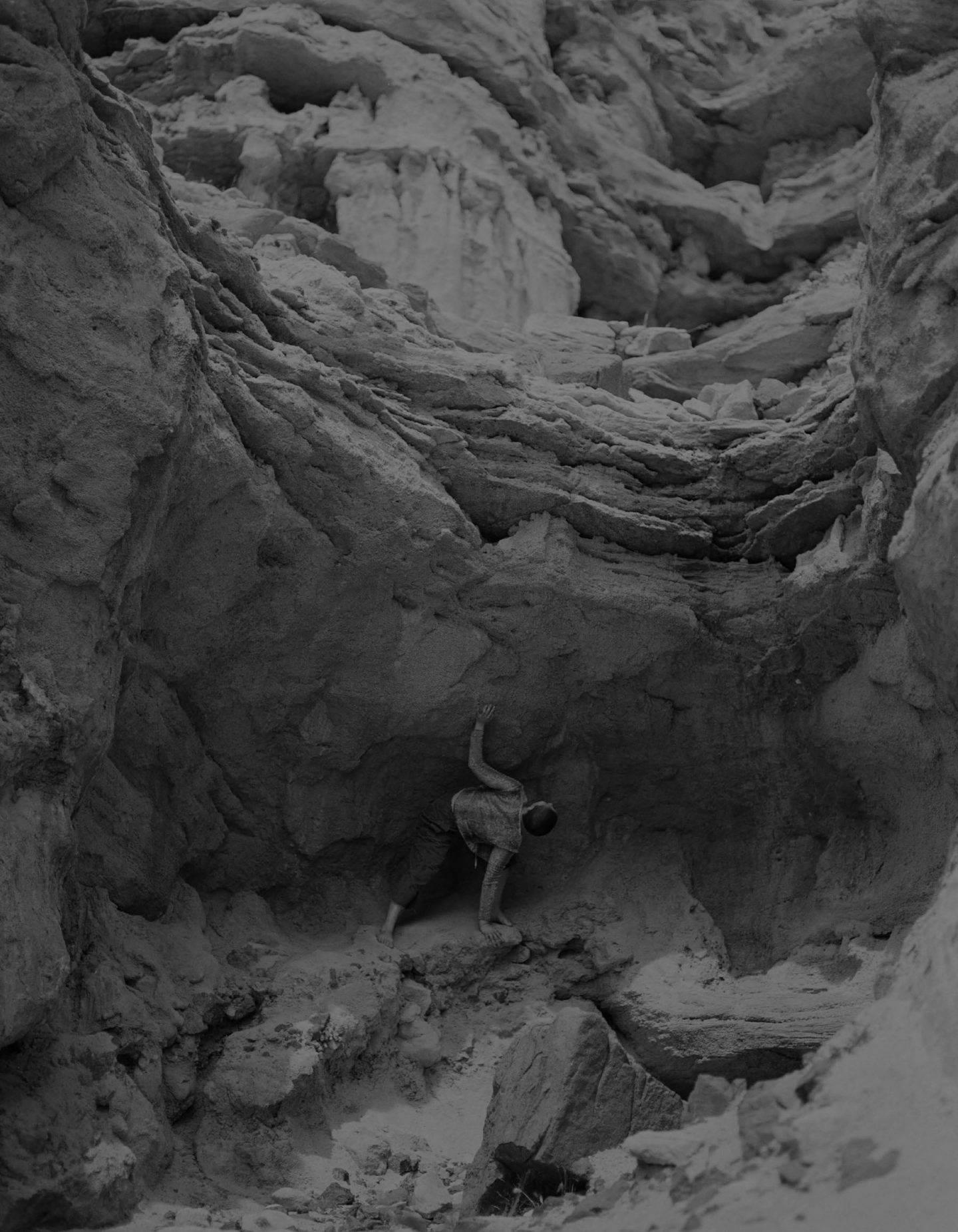
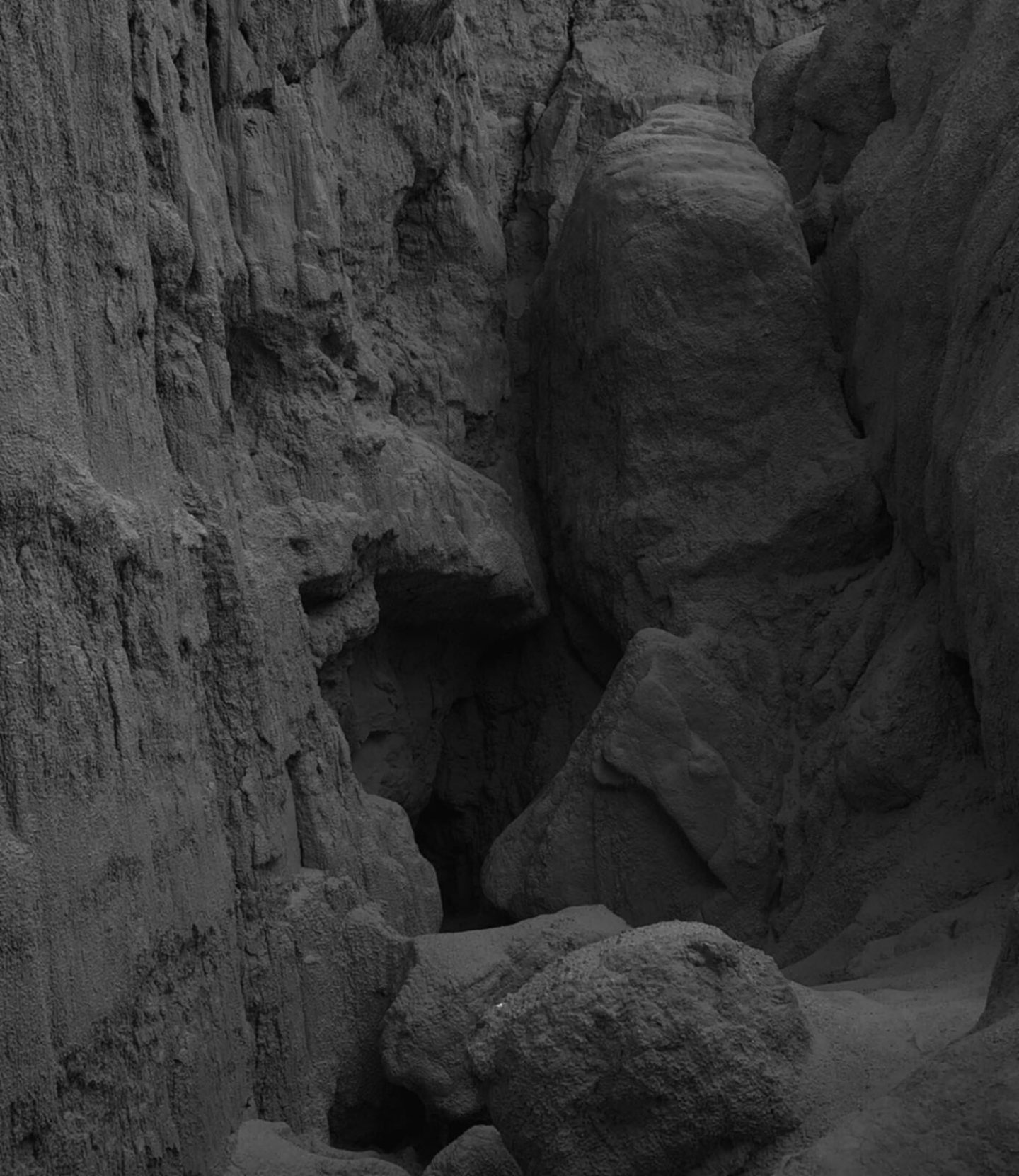
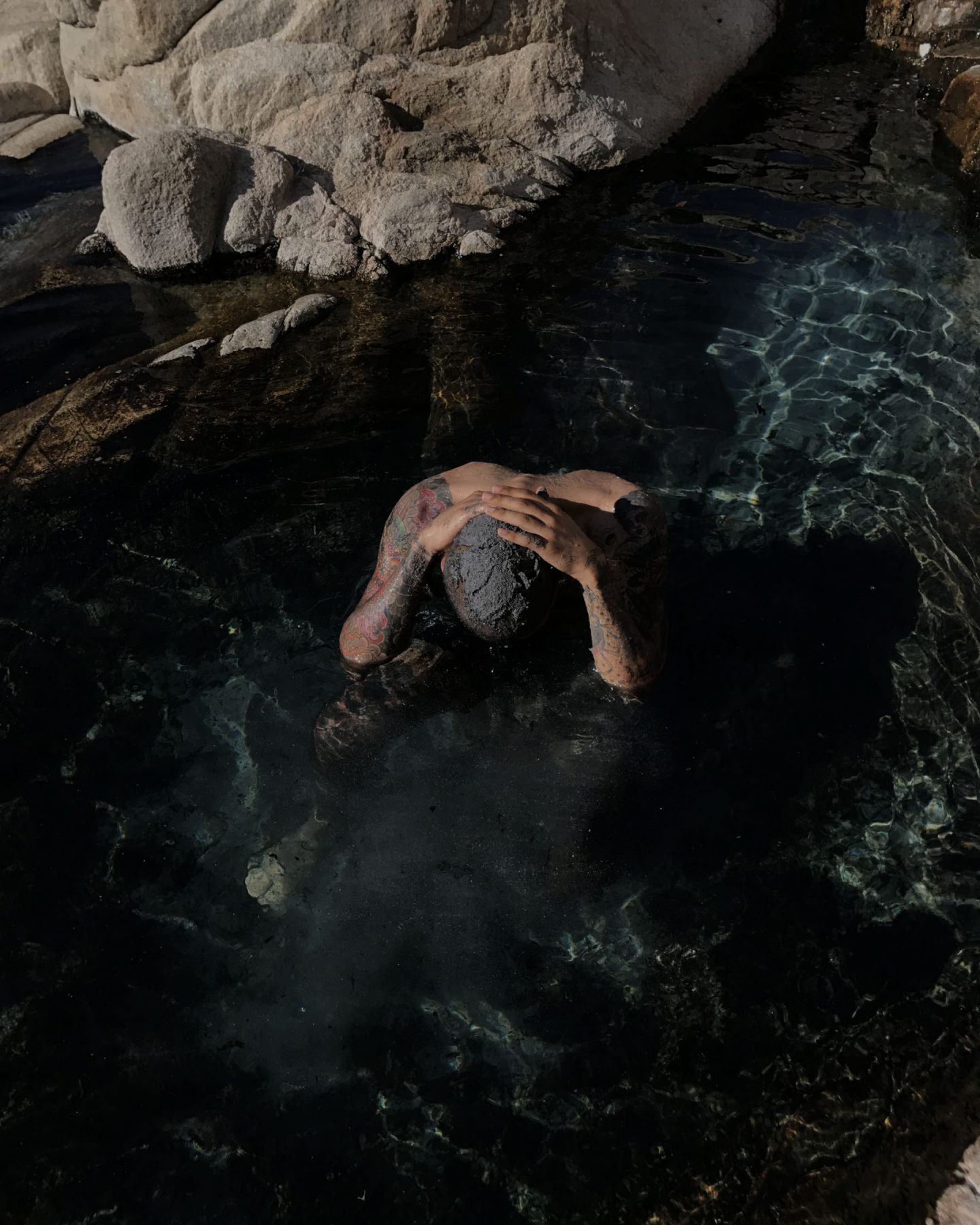
She first came upon photography growing up, when her mother encouraged her and her sister to use disposable cameras while on summer holidays (“I think partially to keep us from boredom she assumed we’d have”, Carr explains). These analog experiences of her youth led to her later purchase of a 35mm film camera on Craigslist: “Shortly after, my trips out of the city would become more frequent and extensive,” she tells us. “I wasn’t able to express myself so photography had become an outlet, and I feel lucky to have stuck with what felt true to myself. I did not have support doing so, and I was making photos without anybody knowing for a long time.”
“I wasn’t able to express myself so photography had become an outlet, and I feel lucky to have stuck with what felt true to myself.”
Drawn to the natural world first as an escape from her urban upbringing in Phoenix, Arizona, and later as “a new way of relief…a way to keep myself grounded”, Carr’s images share an intensity of feeling that is difficult to pinpoint. “I’ve taken photography more seriously for about four years now, and the major growth of my practice may be that I have gained a deeper understanding of what I’ve been making photos of,” she tells us. “I do feel I need to eventually articulate those thoughts to others and am starting to be able to do that. My work is extremely personal—I do what I do purely for myself, but with hopes others can relate in some way.”
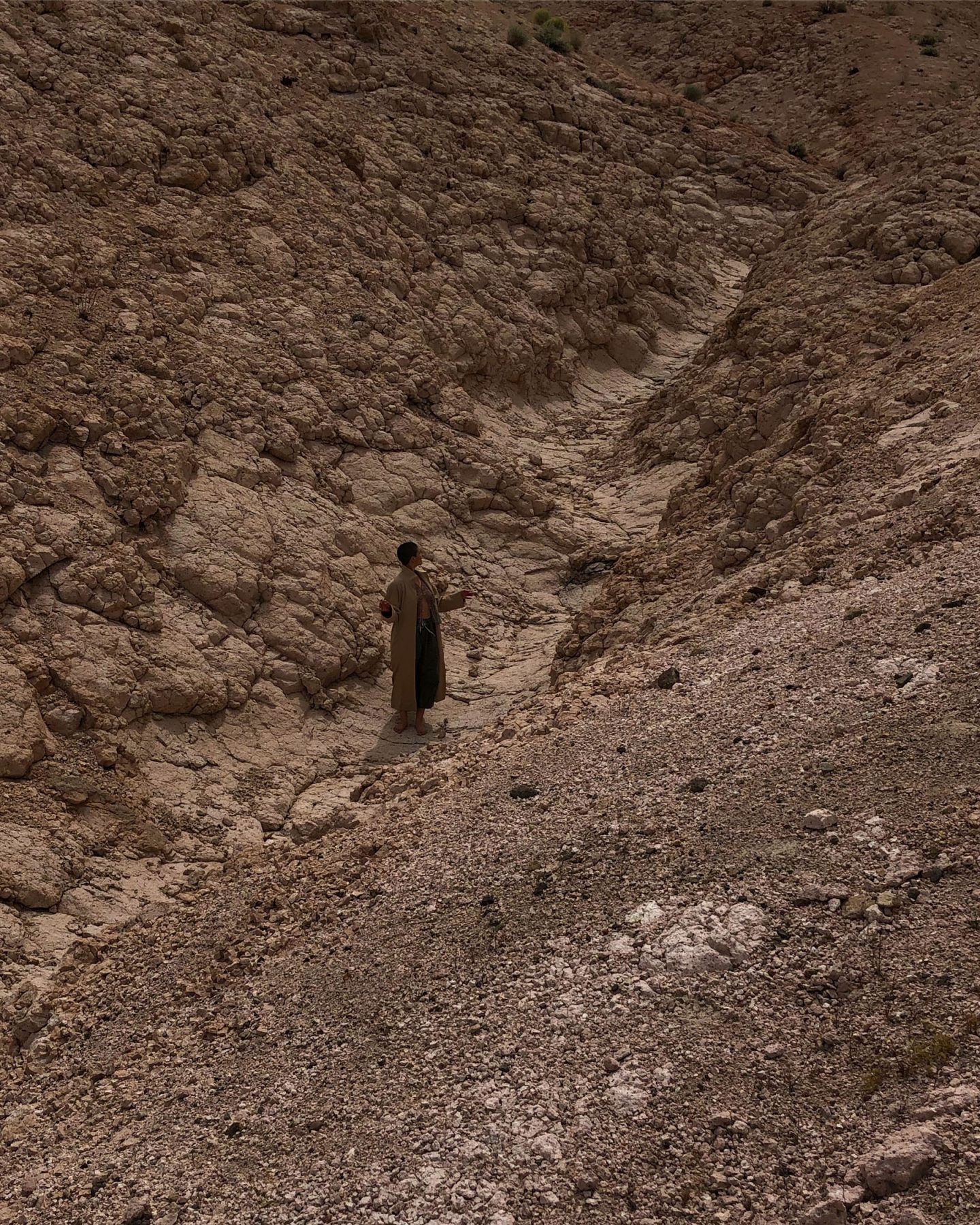
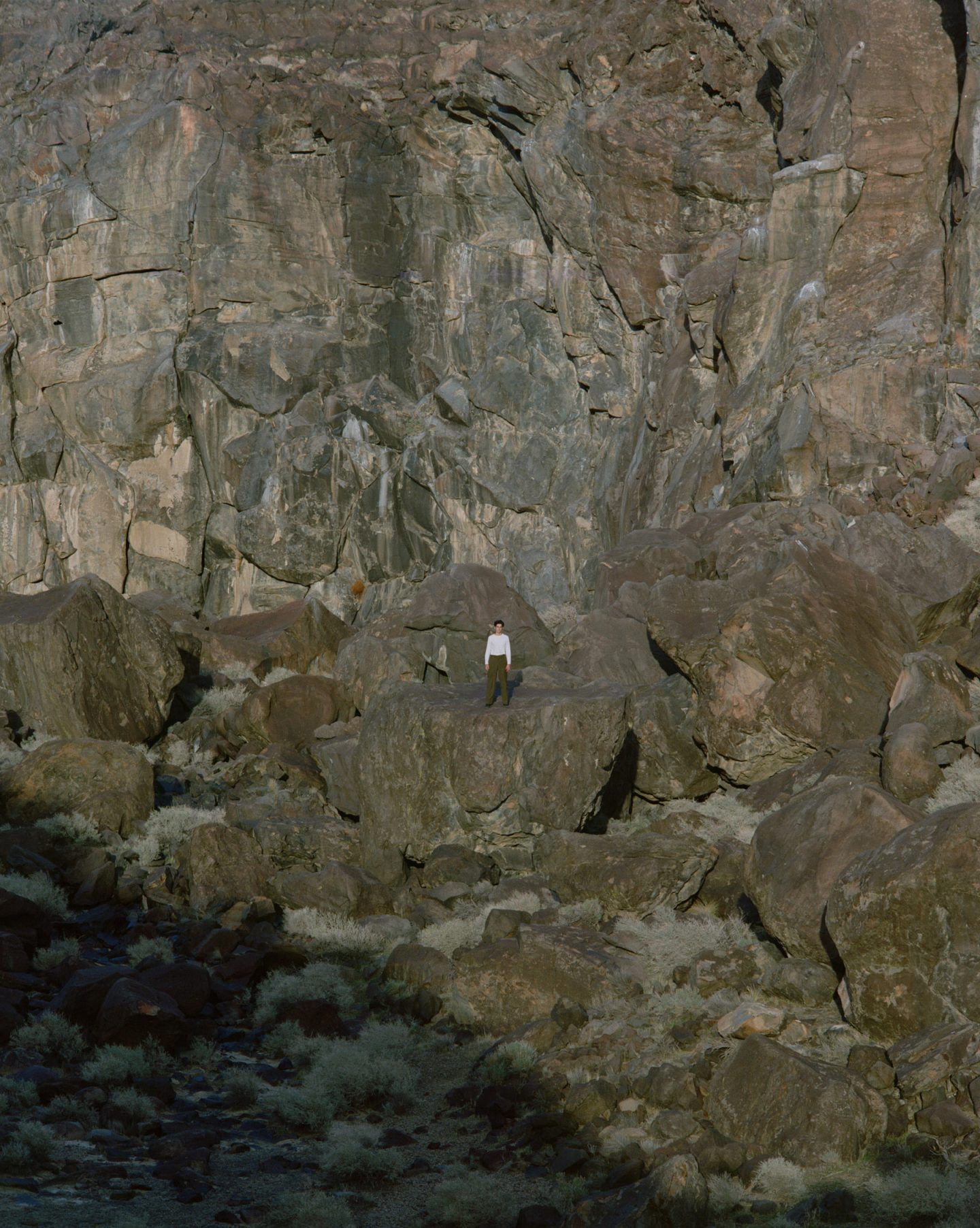
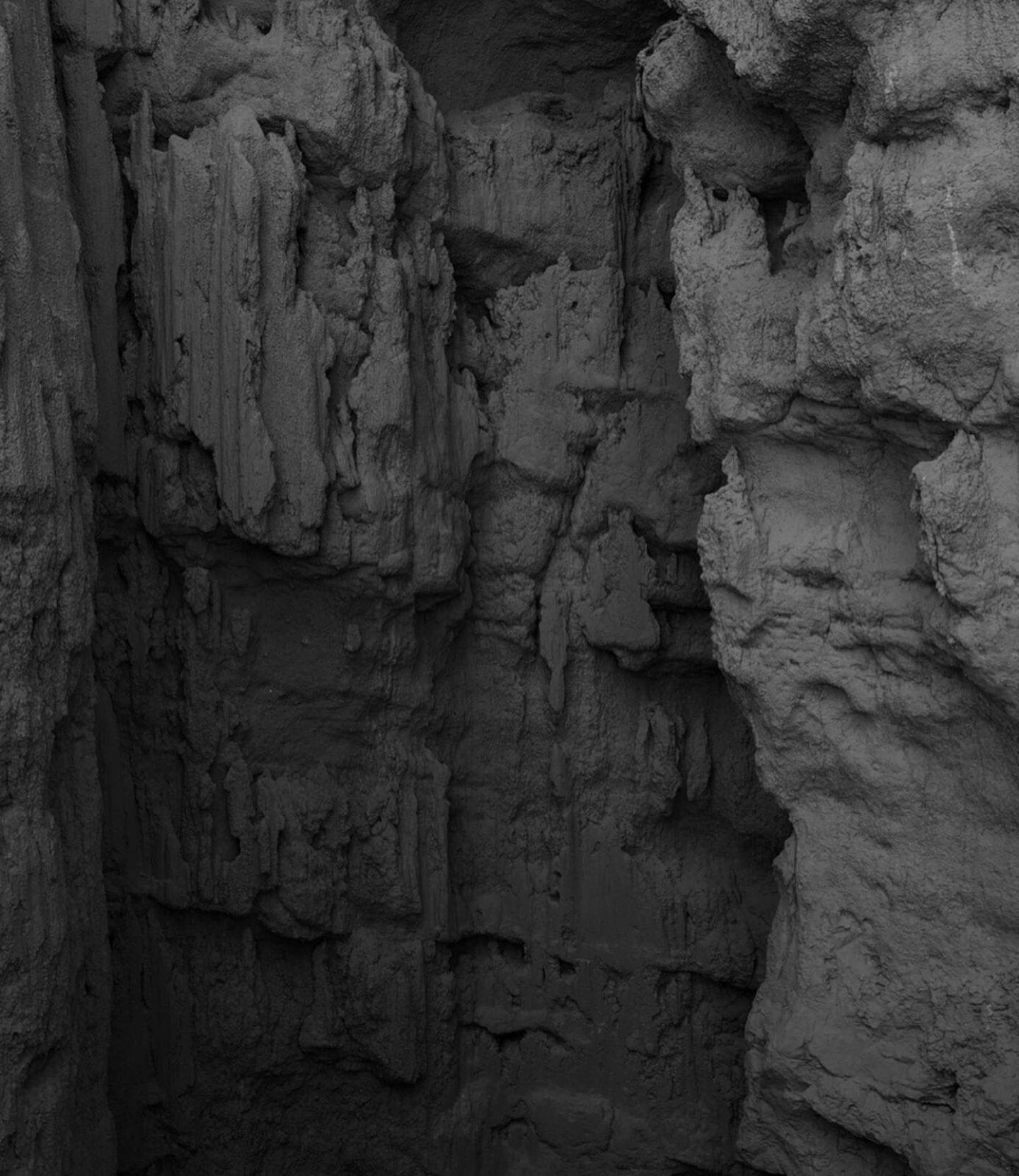
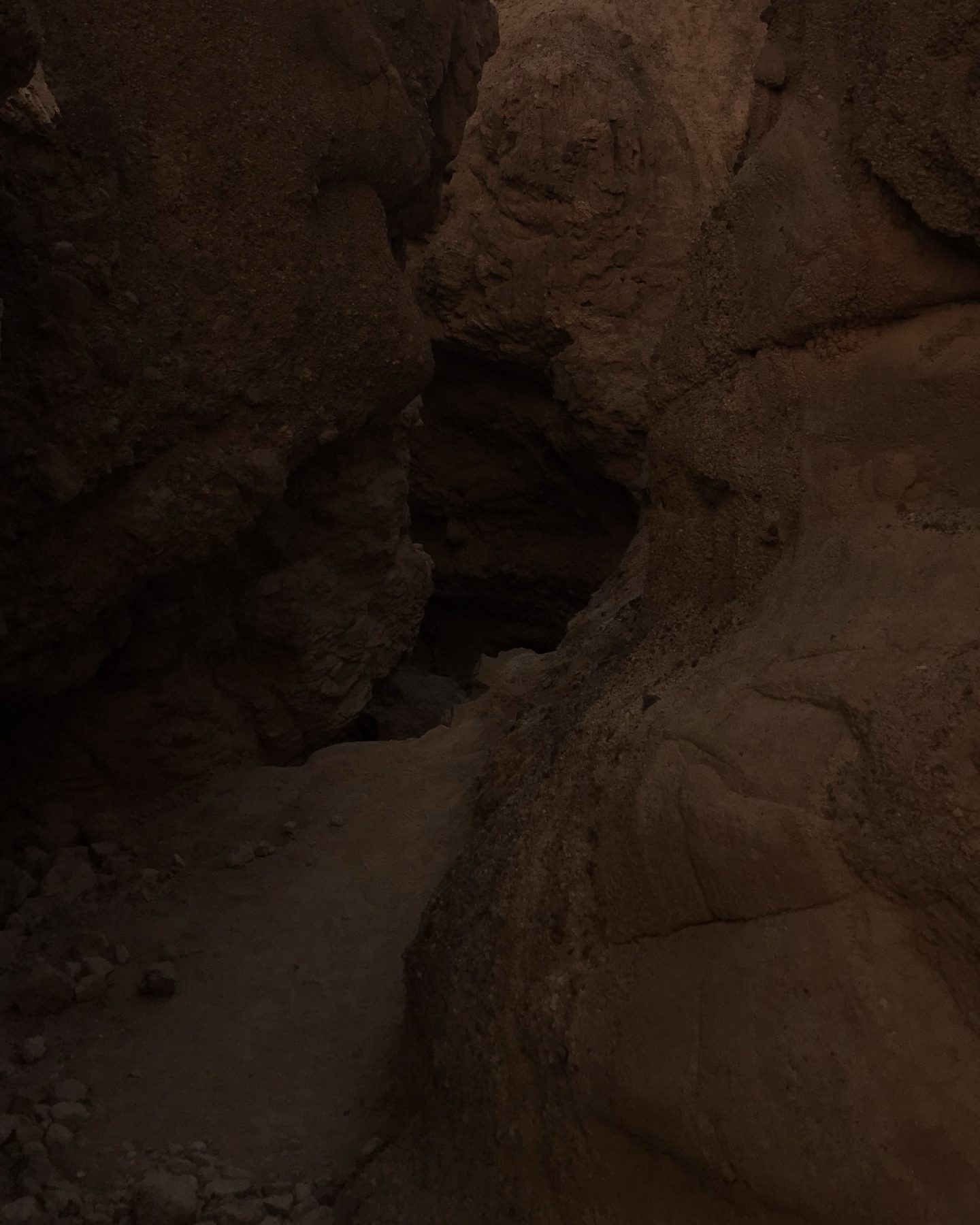
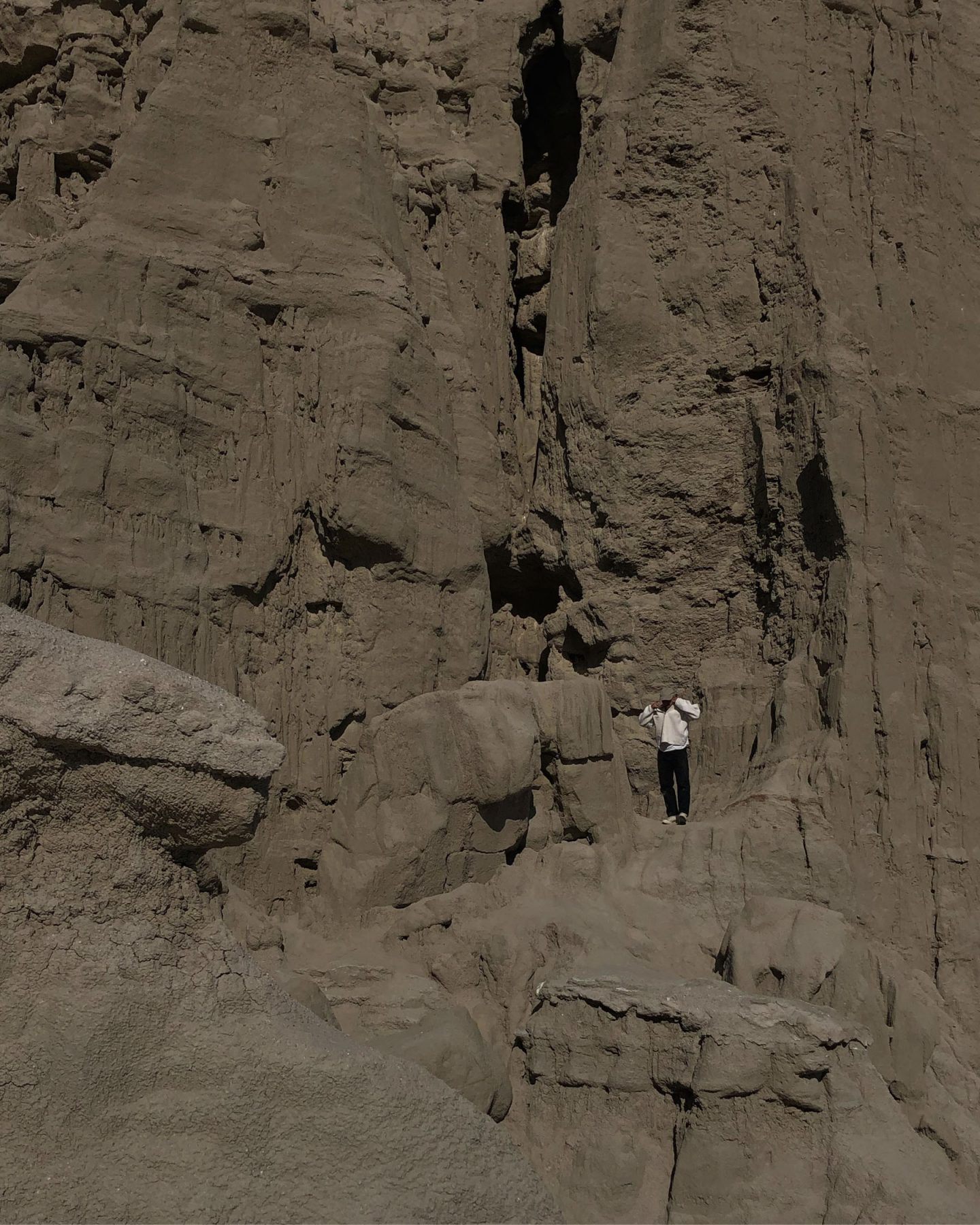
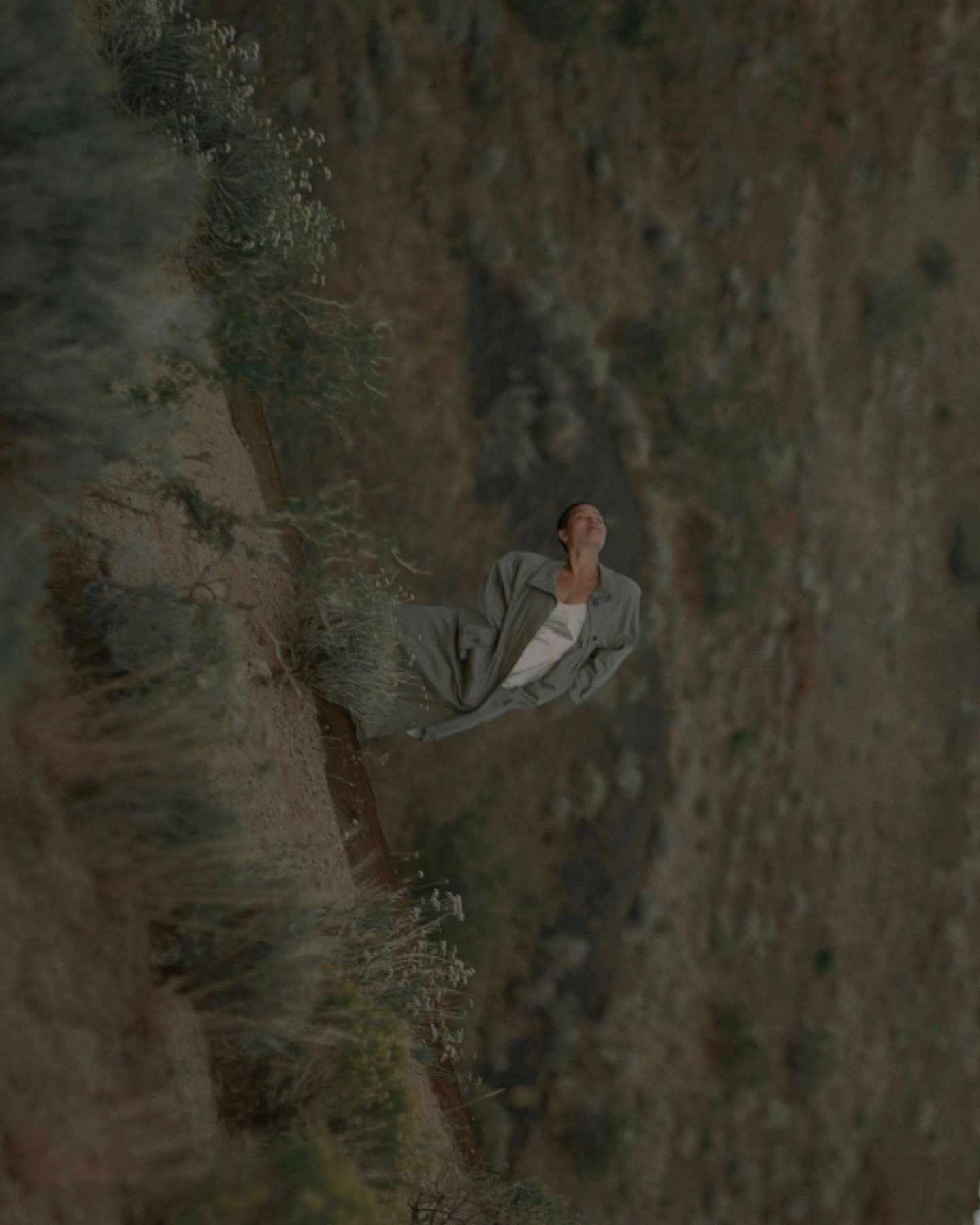
All images © Cheyna Carr
